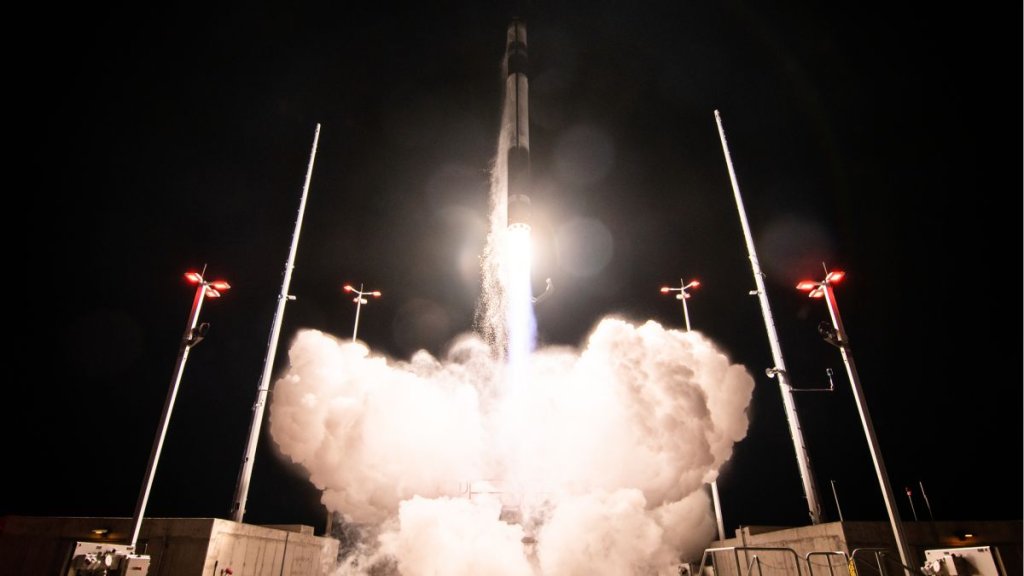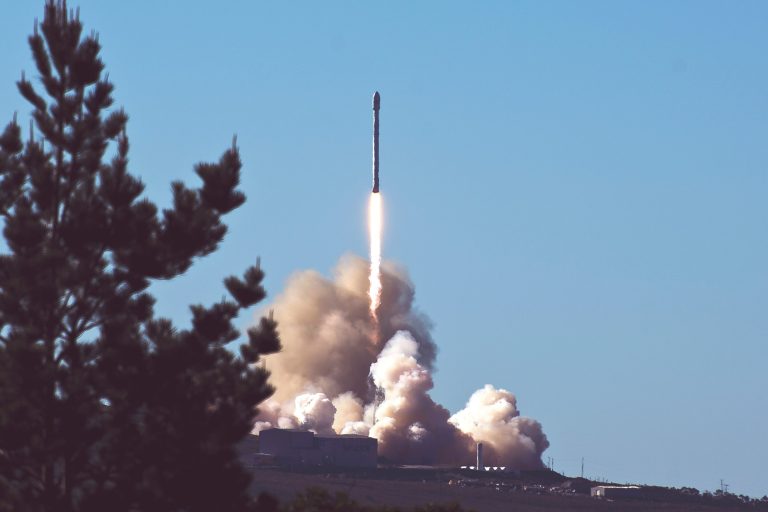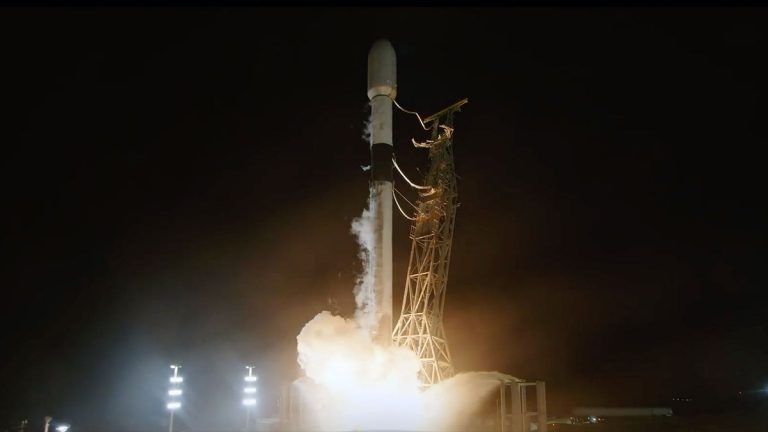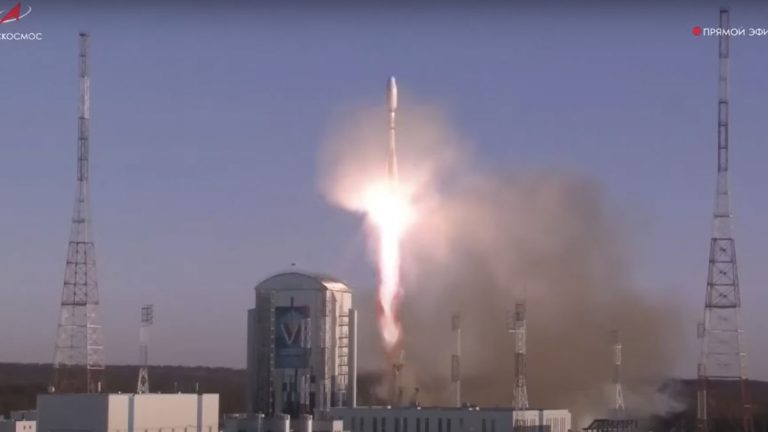
Rocket Lab delays 2nd launch from US soil due to weather (update) (Image Credit: Space.com)
Rocket Lab delayed the planned launch its second mission from the U.S. due to unfavorable wind conditions on Saturday (March 11), but you will be able to watch the launch live soon once the company picks a new launch date.
A Rocket Lab Electron booste was scheduled to lift off on a mission the company calls “Stronger Together” from NASA’s Wallops Flight Facility in Virginia Saturday during a two-hour window that opened at 6 p.m. EST (2300 GMT). But unacceptable winds over the launch site prompted a delay.
“We are standing down from today’s launch attempt at @NASA_Wallops due to strong upper level winds,” Rocket Lab wrote on Twitter Saturday. “We have back up opportunities over the next week and we’ll share a new target launch date soon. Once that launch date is set, you’ll be able to watch the mission here at Space.com, courtesy of Rocket Lab, or directly via the company (opens in new tab).
And, if you live along the U.S. East Coast, you might be able to see the launch first-hand. The Electron’s flight could be visible to observers as far south as Georgia, as far north as Maine and as far west as Ohio, weather permitting, according to NASA Wallops officials (opens in new tab).
Related: Rocket Lab launches 1st Electron booster from US soil in twilight liftoff
We are standing down from today’s launch attempt at @NASA_Wallops due to strong upper level winds. We have back up opportunities over the next week and we’ll share a new target launch date soon. pic.twitter.com/bNzXEOQsQyMarch 11, 2023
Rocket Lab’s next launch from Wallops is scheduled for this Saturday, March 11, with a window of 6-8 p.m. EST. Our visitor center will not be open for this mission. The launch, weather permitting, may be visible those along the East Coast. https://t.co/Cycr58Zlns pic.twitter.com/BoTlRY3a2nMarch 7, 2023
The 59-foot-tall (18 meters) Electron is carrying two synthetic aperture radar (SAR) satellites for San Francisco-based company Capella Space on the “Stronger Together” mission.
If all goes according to plan, the two spacecraft will be deployed into a circular orbit 370 miles (600 kilometers) above Earth about 57.5 minutes after liftoff, according to the mission press kit (opens in new tab).
The satellites will join Capella Space’s SAR constellation, which provides customers with detailed imagery of Earth both day and night, in all weather conditions.
These spacecraft allow “Capella Space to deliver the highest quality, highest resolution SAR imagery commercially available with the fastest order-to-delivery time, empowering organizations across the public and private sector to make informed, accurate decisions,” Rocket Lab representatives wrote in the press kit.
Rocket Lab has launched 33 orbital missions with the two-stage Electron to date, all but one of them from its Launch Complex 1 in New Zealand. The lone outlier, a flight named “Virginia Is for Launch Lovers,” lifted off from Wallops on Jan. 24 of this year.
But “Virginia Is for Launch Lovers” won’t be an outlier for long: The Wallops site, Rocket Lab’s Launch Complex 2 (LC-2), will host liftoffs on a regular basis going forward.
LC-2 “is designed to serve the responsive space needs of commercial, civil, defense, and national security customers, supporting up to 12 missions per year,” Rocket Lab wrote in a statement (opens in new tab).
Rocket Lab has been working to make the expendable Electron’s first stage reusable; the company has recovered boosters on several previous missions, even plucking a falling rocket out of the sky with a helicopter on one occasion. But there will be no such recovery attempt on “Stronger Together,” according to the mission press kit.
Editor’s note: This story, originally posted at 6 a.m. ET on March 11, was updated at 5 p.m. ET to reflect the launch delay due to bad weather.
Mike Wall is the author of “Out There (opens in new tab)” (Grand Central Publishing, 2018; illustrated by Karl Tate), a book about the search for alien life. Follow him on Twitter @michaeldwall (opens in new tab). Follow us on Twitter @Spacedotcom (opens in new tab) or on Facebook (opens in new tab).








